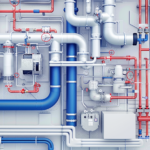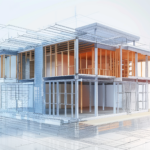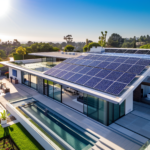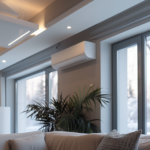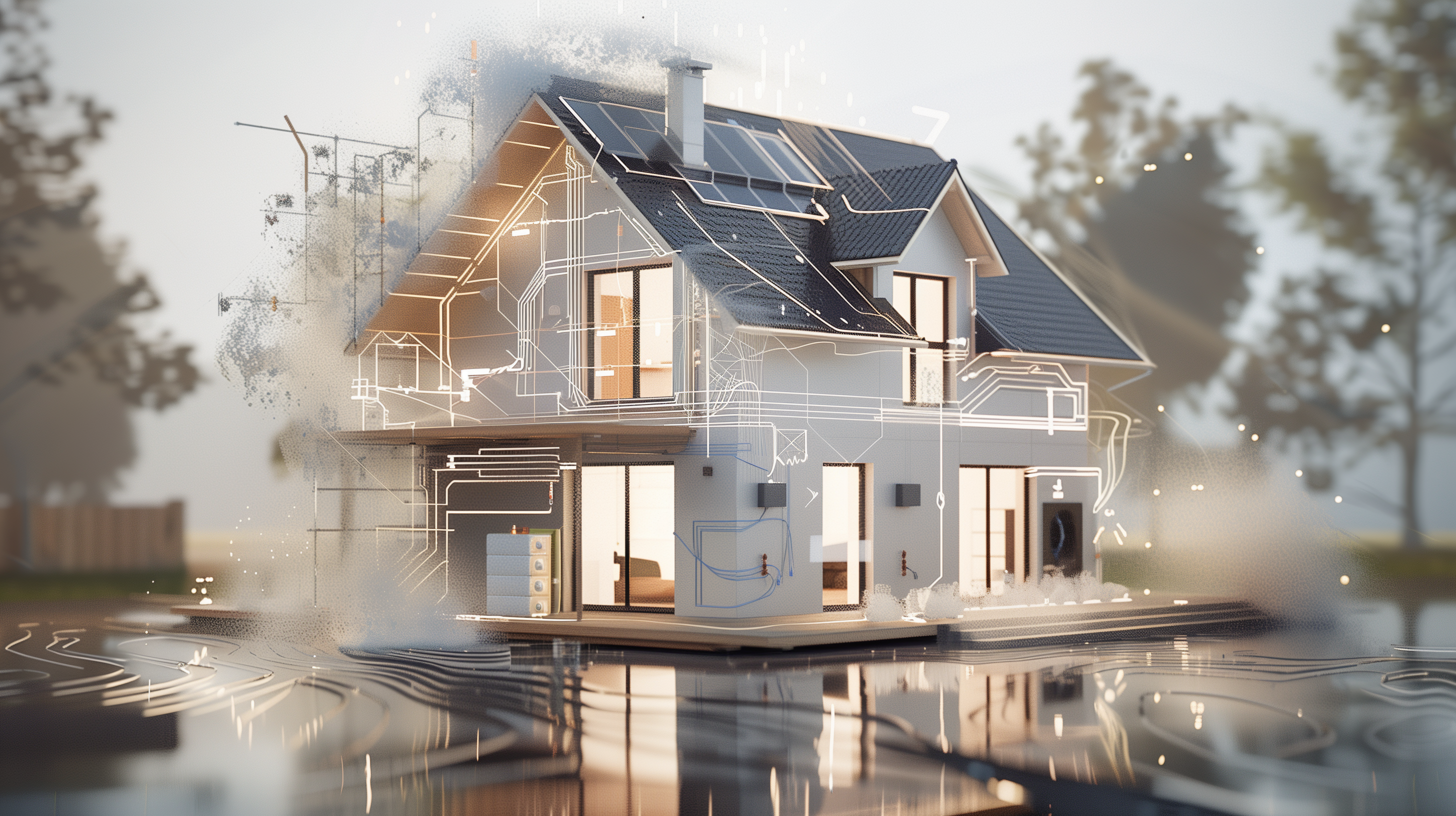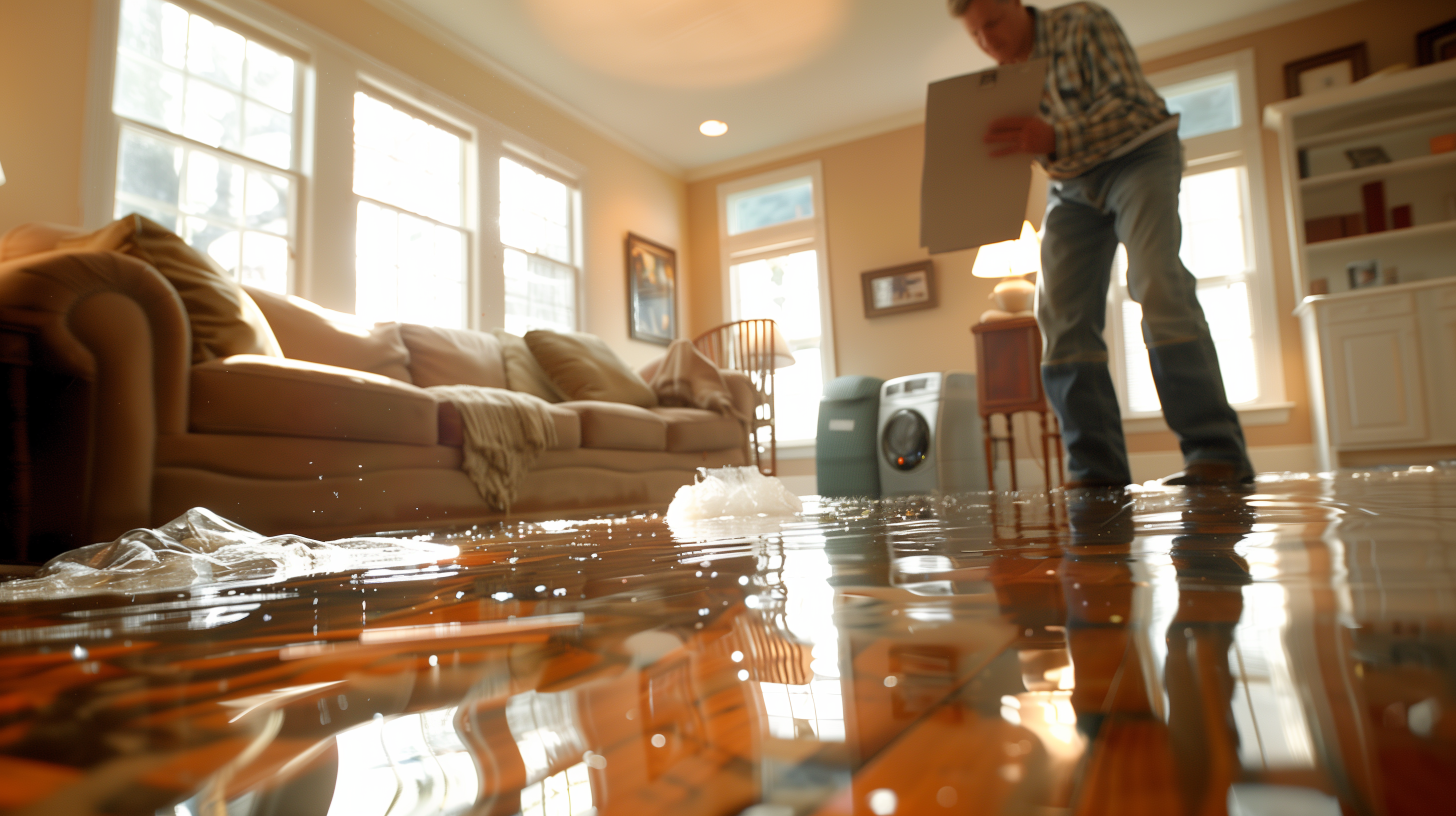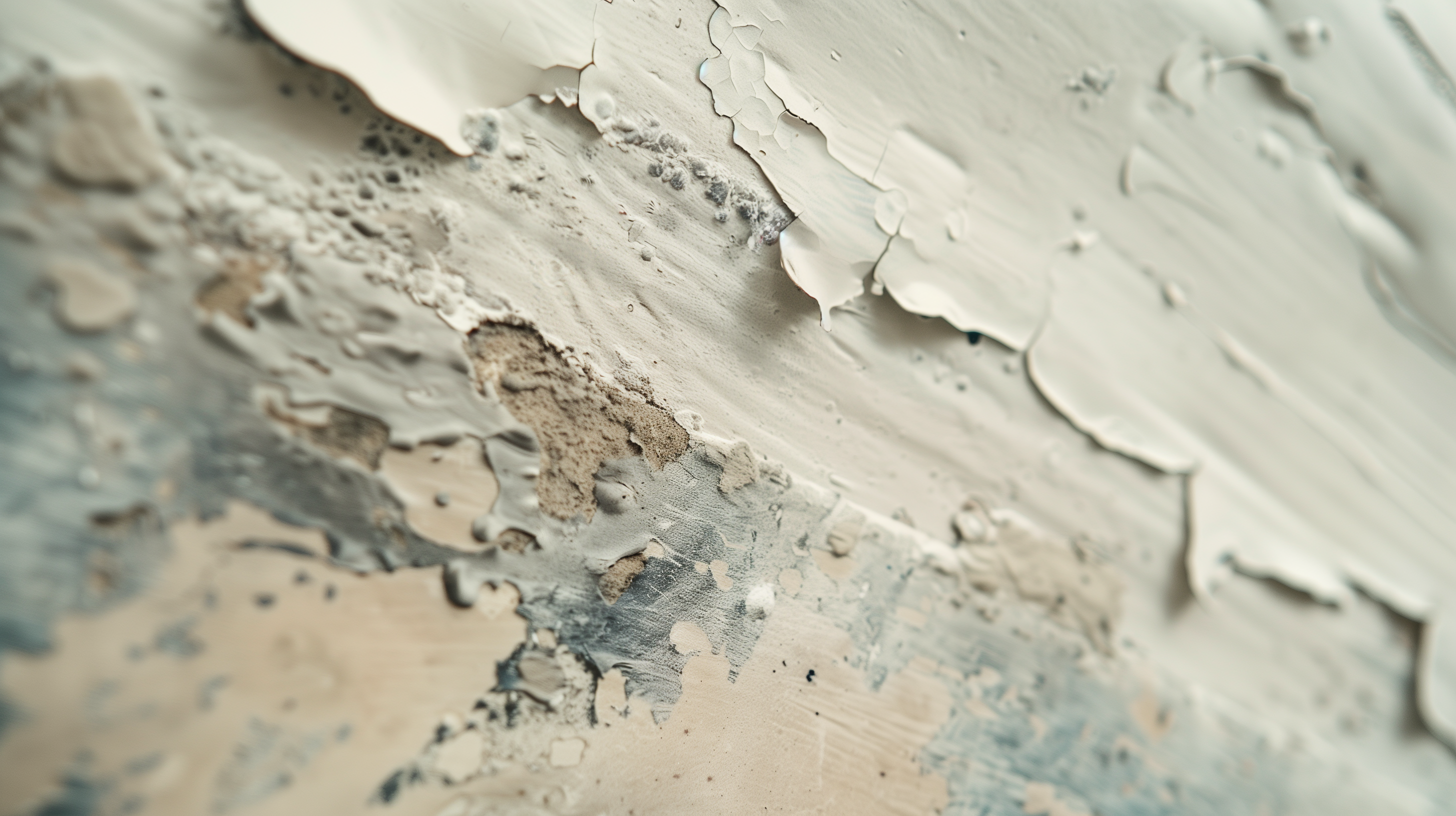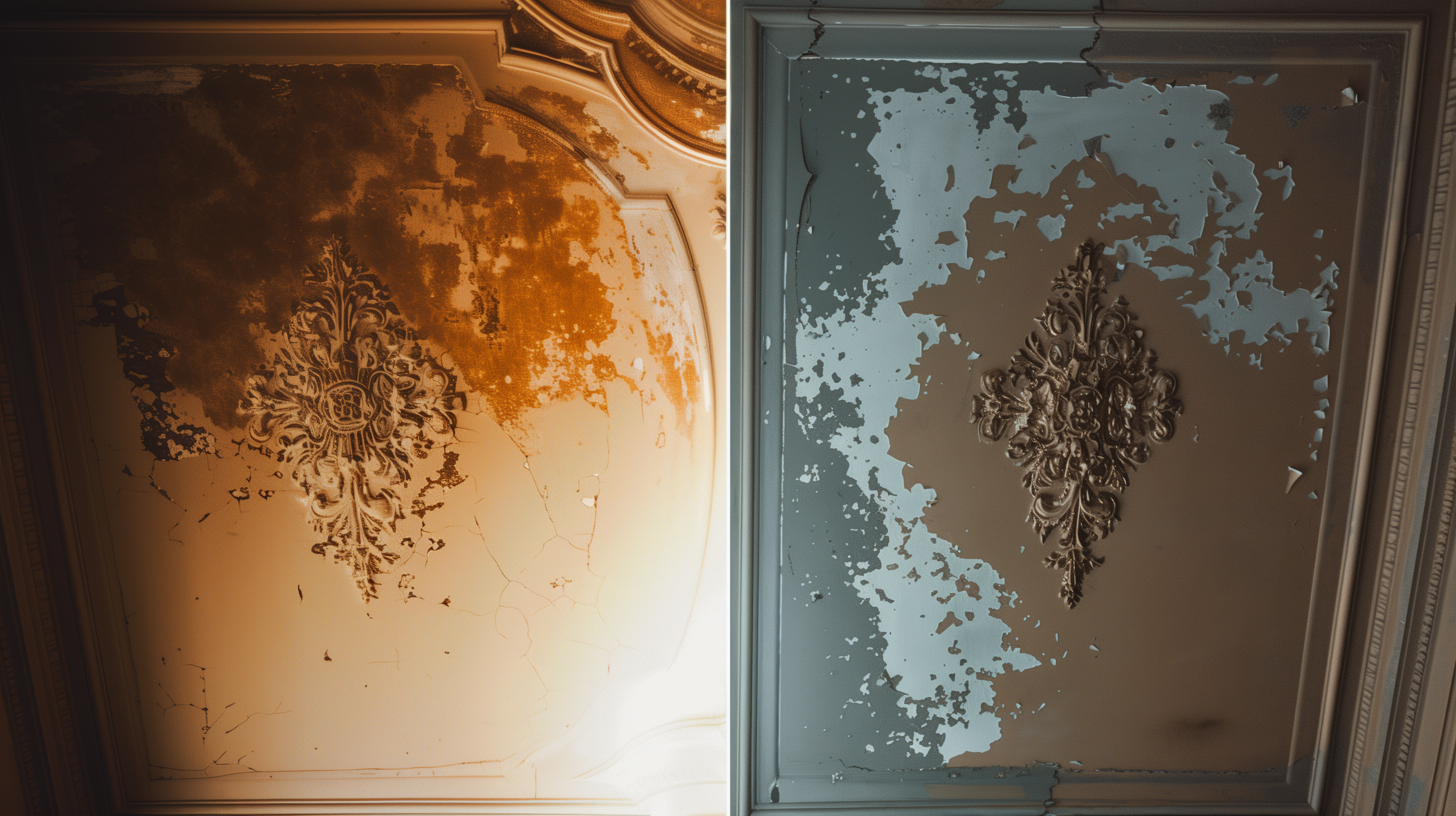Can Water Damage Electrical Wiring? How to Protect Your Home and Ensure Safety
Water damage is a homeowner’s worst nightmare, but when water infiltrates electrical wiring, the danger escalates. Whether caused by a leaky roof, burst pipes, or flooding, water and electricity are a hazardous combination. Not only can water damage electrical wiring, but it also poses significant risks such as fire hazards, electrocution, and costly repairs.
In this blog, we’ll explore how water damage affects electrical wiring, the warning signs to watch for, and what you should do if your electrical system has been exposed to water. Plus, learn prevention strategies and the importance of professional help to keep your home safe.
How Does Water Damage Electrical Wiring?
When water comes into contact with your home’s electrical wiring, it can cause serious damage. Electrical systems are not designed to be exposed to moisture, and when they are, it can lead to short circuits, corrosion, and potential fire hazards. Common sources of water damage include:
- Flooding: Natural disasters or severe weather can cause water to flood your home, affecting electrical wiring and outlets.
- Leaking Roofs: Water from a roof leak can seep into walls and ceilings, coming into contact with electrical wiring.
- Burst Pipes or Plumbing Leaks: Water from burst pipes or undetected leaks in bathrooms or kitchens can trickle down and saturate electrical systems.
- Basement Water Seepage: Water entering through basement walls or foundation cracks can affect electrical panels and wiring in the area.
The Dangers of Water-Damaged Electrical Wiring
Water and electricity are a dangerous combination. When wiring is exposed to moisture, it can lead to several serious safety hazards:
1. Short Circuits
When water penetrates electrical wiring, it can cause short circuits. A short circuit occurs when water disrupts the flow of electricity, leading to sparks, overheating, and potentially an electrical fire.
2. Corrosion and Damage
Water exposure can cause the metal parts of electrical wiring to corrode, leading to deterioration. Over time, this corrosion weakens the wiring and increases the risk of failure, which could result in power outages, fire hazards, or damage to electrical appliances.
3. Fire Hazard
Water-damaged wiring can overheat and cause electrical fires. If you notice the smell of burning or see scorched outlets after a leak, it could indicate water damage in your electrical system.
4. Electrocution Risk
Water conducts electricity, and when it comes into contact with wiring, outlets, or electrical appliances, it can cause severe electric shock or electrocution. This makes walking through a flooded area with live wiring especially dangerous.
Warning Signs of Water-Damaged Electrical Wiring
It’s important to recognize the warning signs of water damage in your electrical system to act quickly and prevent hazards. Some key signs include:
- Flickering Lights: If your lights flicker after a storm or water leak, it could indicate a problem with the wiring.
- Burning Smell: A burning smell near outlets or electrical appliances is a serious sign that wiring may be overheating due to water exposure.
- Discolored or Scorched Outlets: Water-damaged outlets may show discoloration, burn marks, or even emit sparks when in use.
- Tripped Circuit Breakers: If your circuit breaker keeps tripping after a water leak or flood, it could be a sign that water has infiltrated the wiring.
If you notice any of these signs, it’s important to contact a licensed electrician immediately to assess the damage and perform necessary repairs.
What to Do If Your Electrical System Has Been Exposed to Water
If you suspect your electrical wiring has been exposed to water, follow these important steps to ensure safety:
1. Turn Off the Power
The first and most important step is to turn off the power at your home’s main circuit breaker. This prevents further electrical issues and protects you from electrocution if you need to inspect the area.
2. Contact a Licensed Electrician
Water-damaged electrical wiring is not something that can be safely handled on your own. Contact a licensed electrician to inspect the affected wiring and outlets. They will determine the extent of the damage and provide professional repairs to ensure your home is safe.
3. Avoid the Area
Do not enter flooded or water-damaged areas until you are certain the power has been turned off. Standing water with live electrical wiring is a severe electrocution risk.
4. Assess Water Damage
After ensuring that the electrical system is safely powered down, address the source of the water leak. Whether it’s a roof leak, burst pipe, or flood, fixing the source of the water damage is crucial to preventing future issues.
5. Replace Damaged Components
Depending on the extent of the water damage, your electrician may recommend replacing electrical outlets, circuit breakers, or sections of wiring that have been compromised by water.
Preventing Water Damage to Electrical Wiring
Prevention is key when it comes to protecting your home from water damage to electrical systems. Here are several steps you can take to reduce the risk of water-related electrical hazards:
1. Regular Roof and Plumbing Inspections
Regularly inspect your roof for damaged shingles or leaks and check plumbing for any signs of leakage. Early detection can prevent water from reaching your home’s wiring.
2. Install GFCI Outlets
Ground Fault Circuit Interrupters (GFCI) are essential for areas prone to water exposure, such as kitchens, bathrooms, and basements. GFCI outlets automatically shut off the electrical circuit if water is detected, preventing electric shock.
3. Waterproof Your Basement
If you live in an area prone to flooding or have a basement, install waterproofing measures such as sump pumps and French drains to prevent water seepage. Keeping water out of your basement reduces the risk of electrical damage to wiring and electrical panels.
4. Use Proper Electrical Enclosures
Ensure all exterior electrical components, such as outdoor outlets or lighting, are enclosed in waterproof housing. This prevents rain or moisture from causing damage.
5. Seal Foundation Cracks
Cracks in your foundation can allow water to seep into your basement and reach electrical panels or wiring. Seal any cracks or gaps in the foundation to keep your home dry and your electrical systems protected.
Why You Should Hire a Professional for Water-Damaged Electrical Wiring
Water-damaged electrical wiring is a serious issue that requires professional attention. Attempting to handle it yourself can lead to further damage or pose a severe safety risk. Here’s why hiring a professional is essential:
- Safety: Electricians have the training and tools needed to safely assess and repair water-damaged wiring.
- Code Compliance: Licensed electricians ensure that repairs are made in accordance with local building and electrical codes, keeping your home safe and up to standard.
- Long-Term Protection: Professional repairs prevent future electrical hazards and ensure your home’s electrical system is functioning properly.
Conclusion
Water damage to electrical wiring is a dangerous situation that requires immediate attention to prevent fires, electrocution, and further damage to your home. By recognizing the warning signs and taking steps to protect your electrical system from water exposure, you can keep your home safe.
For professional water damage restoration and electrical repairs, contact Allied Emergency Services, INC. Our expert team provides comprehensive restoration services, ensuring your home is safe and code-compliant after water damage.
Contact Information:
Phone: 1-800-792-0212
Email: Info@AlliedEmergencyServices.com
Location: Serving Illinois, Wisconsin, and Indiana with a focus on the greater Chicago area.
Disclaimer: This article is intended for informational purposes only. For professional advice, consult experts in the field.
